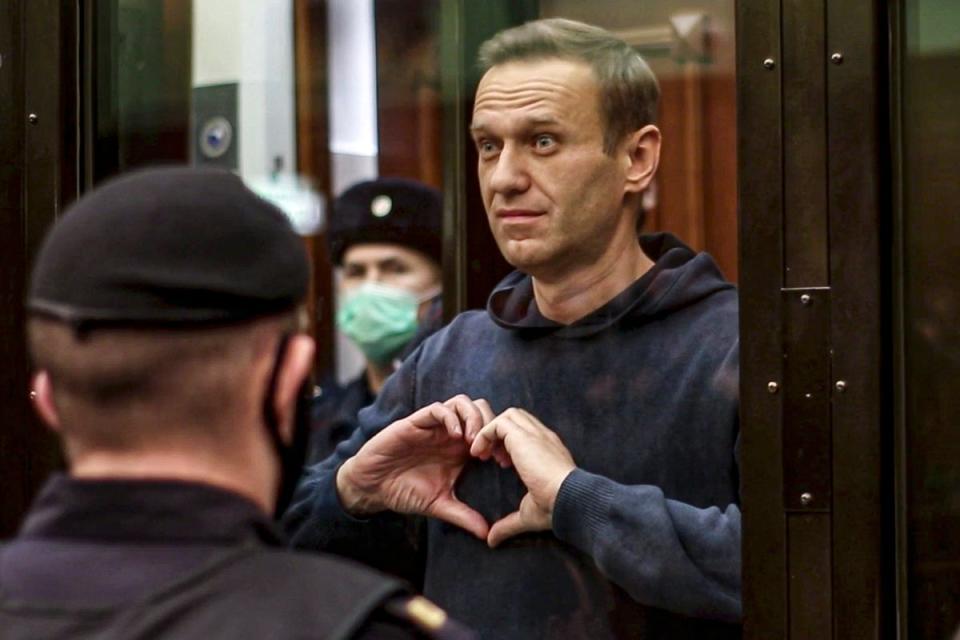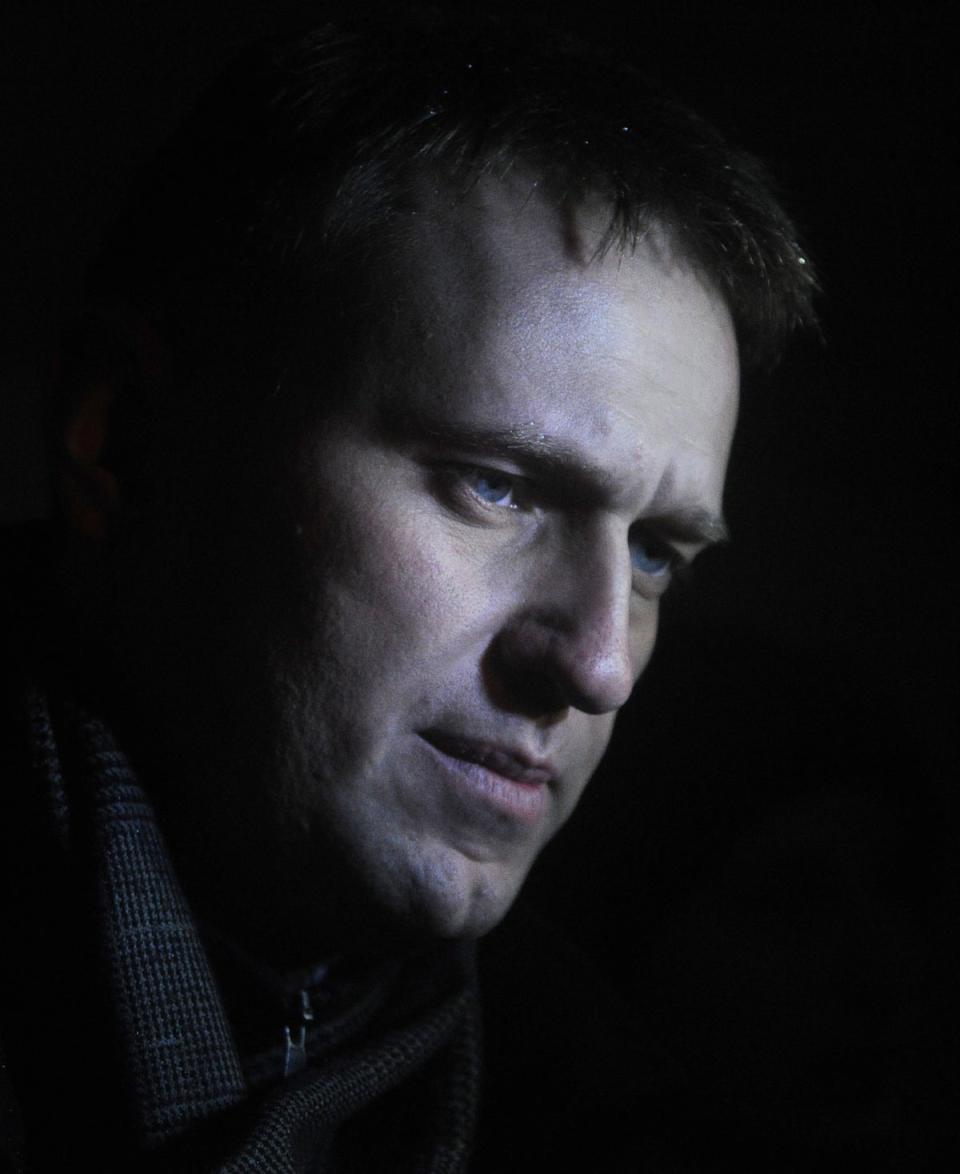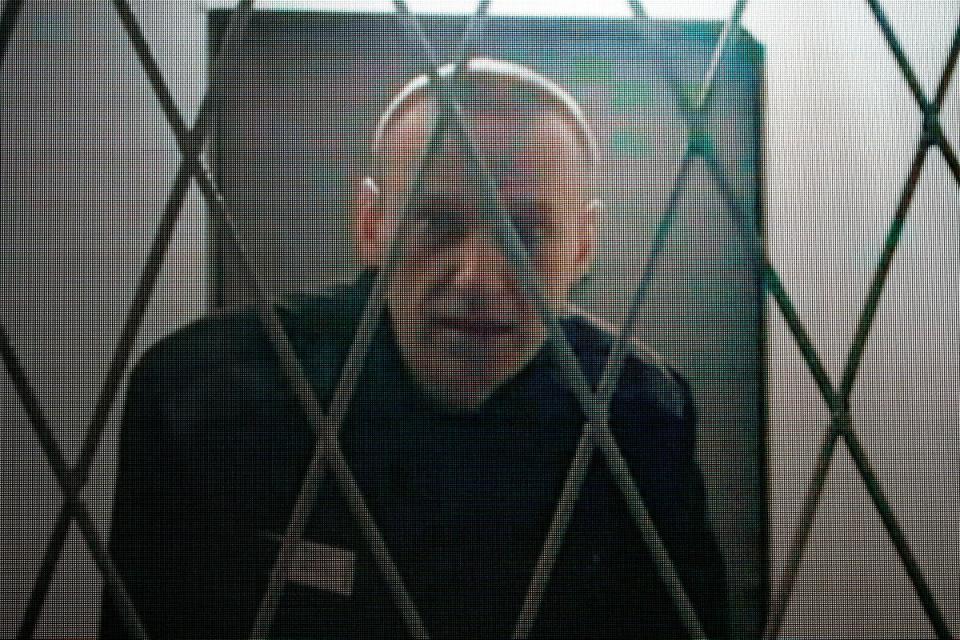Alexei Navalny cause of death: Kremlin claims to have ‘no information’
The Kremlin has said it has “no information” about the jailed Russian opposition leader Alexei Navalny’s cause of death.
Navalny, Russian President Vladimir Putin’s most visible and prominent critic, died behind bars while serving a 19 year-prison sentence, it was reported on Friday.
The 47 year-old had recently been moved from his former prison in central Russia to a jail above the Arctic Circle. His supporters and much of the international community believe his charges were trumped up in order to silence him.

While the federal prison agency said it is currently establishing the cause of death, the Kremlin told Russian state news agency TASS: “We have no information on the cause of death of Navalny”. They added that Mr Putin had been made aware of his main opponent’s death.
Russia’s prison service said Navalny had died after he “felt unwell” after a walk on Friday, and “almost immediately lost consciousness”. It said that medical staff had been called, but that they were unable to resuscitate Navalny and added that the cause of death was being established.
Kremlin spokesman Dmitry Peskov said on Friday that Russia’s penitentiary service was making all checks regarding Navalny, but that he had no additional information.
Navalny’s death comes as Russia prepares to hold a presidential vote in March which is expected to hand Mr Putin a fifth term as president.

The anti-corruption activist had become the leading figurehead for the opposition against Mr Putin in Russia - organising anti-Kremlin protests and serving several stints in jail.
The critic first came to prominence as blogger in 2010, publishing investigations into corruption in Russia, with his videos garnering millions of views online.
This campaign against corporate corruption saw Navalny turn his criticism also directly to the government and Mr Putin’s ruling political party – calling them “crooks and thieves”.
Navalny urged people not to simply complain about the malaise in Russia but to take action: “Everyone says corruption is everywhere but for me, it seems strange to say that and then not try to put the people guilty of corruption away.”
Over the years, Navalny faced physical attacks, repeated arrests, investigations, and criminal proceedings. A 2021 assassination attempt, done via Novichok poisoning in Russia, resulted in him being evacuated to Germany in a coma for life-saving treatment.

His family and lawyers have previously said he had been suffering from an acute, undiagnosed, stomach illness while in prison. That, and general deprivation, has led to alarming weight loss and fainting spells.
He has also given interviews in prison laying out the conditions he has faced.
Describing the violence and repression of a penal colony, he told The New York Times: “You might imagine tattooed musclemen with steel teeth carrying on with knife fights to take the best cot by the window. You need to imagine something like a Chinese labour camp, where everybody marches in a line and where video cameras are hung everywhere. There is constant control and a culture of snitching.”
On other occasions, Navalny has spoken about the mistreatment he has suffered: “I now understand why sleep deprivation is one of the favourite tortures of the special services. No traces remain, and it’s impossible to tolerate.”

 Yahoo News
Yahoo News 
